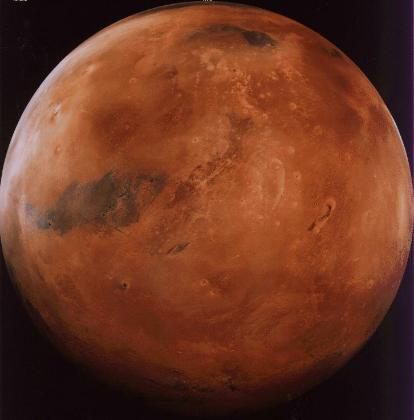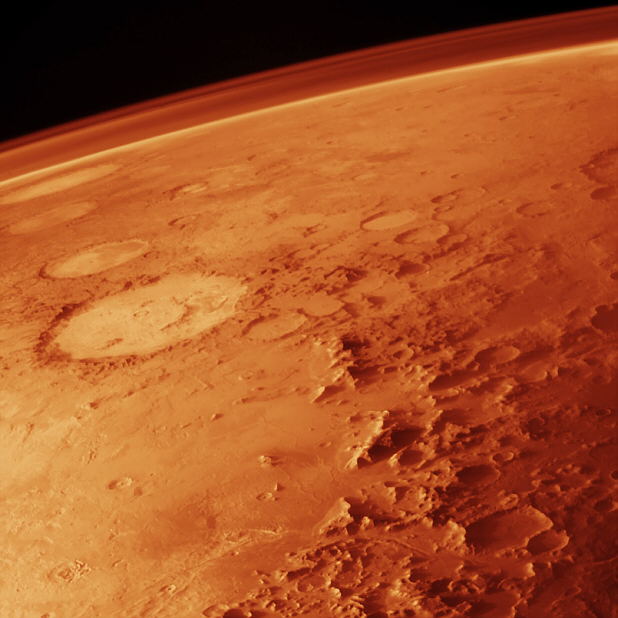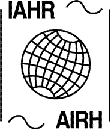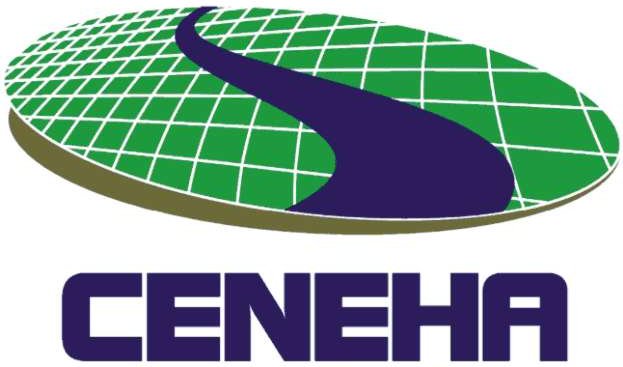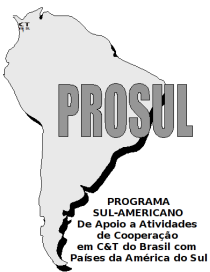News!
[18/09]- Download the RCEM2009 Schedule (last version)
[15/09]- Post-symposium Activities. Check it at HERE
[15/09]- Conference at a Glace have changed. Check it at HERE
[10/08]- If you need assistance to get to Santa Fe City, and/or you are interested in visiting differents part of the country please go HERE.
- Notification of presentation format have changed. Check it at HERE
- Deadline for hotel reservation has been extended. Check it at HERE
Registration:
Registration for the RCEM 2009 is open. Registrations will not be processed without full payment and registrant's full name. Please go to Registration.
A remainder: Only one paper submission is allowed for one presenter! So make sure that if you are the leading author of more than one paper, some other co-authors are the speakers of your other contributions.
Financial Aid to Assist to Pre-conference Courses/Symposium: Potential sources of financial aid to help prospective students/participants to attend the pre-conference courses and/or the Symposium itself will be posted here soon. Check this site regularly for upcoming news.
On The Future of Earth Sciences: Prof. Alan Howard, from the University of Virginia, USA, will be talking about "Planetary Morphodynamics: Scaling and Interpreting Sedimentary Processes from Earth to Mars and Titan". Prof. Howard will tell us that even though fluvial, eolian, and lacustrine environments have been discovered on Mars and Saturn's satellite Titan, unraveling the processes and history involved in creating these landscapes equires interpreting the returned image, composition, and topographic information within the context of our knowledge of terrestrial geomorphic processes. For extrapolation to Mars the major environmental differences are a lower gravity, lower temperatures, and a tenuous atmosphere. Additional complications arise in interpreting surface environments of Titan, due to a hydrologic cycle involving methane, a lower gravity, extreme cold, bedrock probably dominated by water ice, and eolian dunes probably composed of particulate hydrocarbons. Scaling relationships for fluvial and lacustrine processes to Mars and Titan will be discussed.

